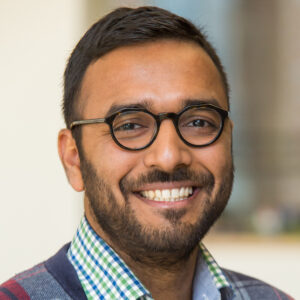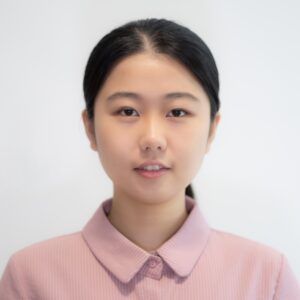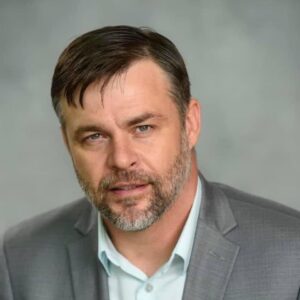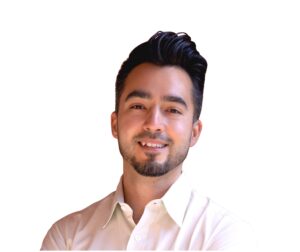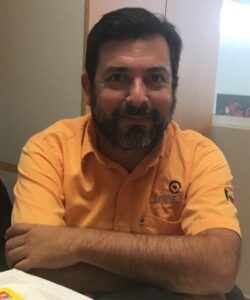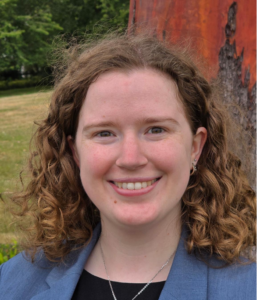NextGen Omics US 2023
Bringing together leading omics experts from around the world and comprised of three outstanding programmes, delegates can expect to benefit from critical discussions in the future of Next Generation Sequencing, Multi-omic Single Cell & Spatial Analyses and Genome editing in Drug Discovery and Therapeutic Development.
The 2023 event again brings together a panel of prominent leaders and scientists, sharing new case studies, innovative data and industry outlook.
Below are some of the confirmed speakers of NextGen Omics US 2023.
Timothy Dahlem, Director of Systems Biology at Recursion Pharmaceuticals
Kamel Khalili, Laura H. Carnell Professor and Chair Lewis Katz School of Medicine at Temple University
Kalina Hristova, Professor of Materials Science and Engineering Institute for NanoBioTechnology at John Hopkins University
Guo-Cheng Yuan, Professor of Computational Biology at Icahn School of Medicine at Mount Sinai
Tirtha Chakraborty, Chief Scientific Officer at Vor Biopharma
Sandra Smieszek, Head of Genetics at Vanda Pharmaceuticals

